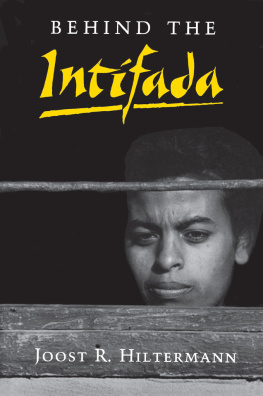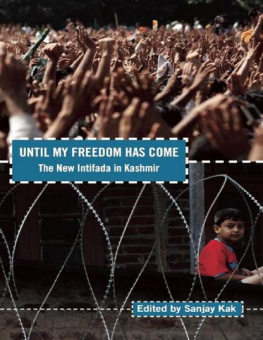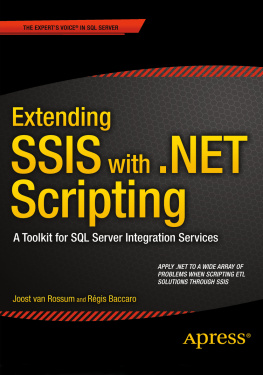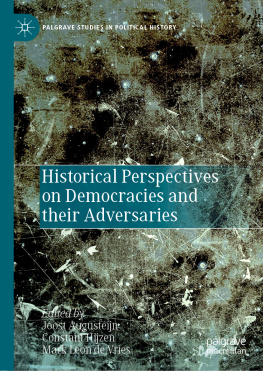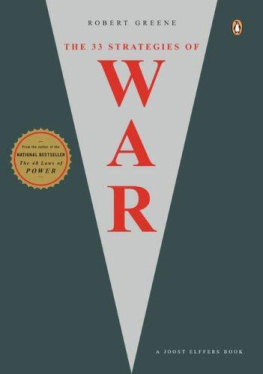Copyright 1991 by Princeton University Press
Published by Princeton University Press, 41 William Street, Princeton, New Jersey 08540
In the United Kingdom: Princeton University Press, Oxford
All Rights Reserved
Library of Congress Cataloging-in-Publication Data
Hiltermann, Joost R.
Behind the Intifada: labor and womens movements in the occupied territories / Joost R. Hiltermann.
p. cm.
Includes bibliographical references and index.
1. West BankPolitics and government. 2. Labor movementPolitical aspectsWest Bank. 3. Women, Palestinian ArabWest BankPolitical activity. 4. Gaza StripPolitics and government. 5. Labor movementPolitical aspectsGaza Strip. 6. Women. Palestinian ArabGaza StripPolitical activity. 7. Intifada, 1987I. Title.
DS110.W47H55 1991 322.4'4'095694dc20 91-14181
ISBN 0-691-07869-6 (alk. paper)
eISBN: 978-1-400-84376-3
R0
PREFACE
FEW ARE THE RESEARCHERS who find themselves graced with a subject population that, on completion of the research project, rises in unison and validates the studys main findings. I am one of those who have been so fortunate, although I must confess at the outset that my subjects behavior had less to do with their feelings about my research (of which the great majority were blissfully unaware) than with the concrete conditions they had been forced to endure in their everyday lives for decades. No sooner had I completed a study of mass mobilization in the West Bank and Gaza Strip than the Palestinian population rose in mass protest to reject and undo the structure of Israels military occupation, coordinating its collective effort through the very infrastructure of popular organizations that, I had concluded in my study, had come to constitute the backbone of Palestinians resistance to Israels occupation in the 1980s.
I had arrived in the West Bank in the autumn of 1984 with the firm plan of spending no more than a year conducting field research for a doctoral dissertation in sociology on the blocked proletarianization of the Palestinian peasantry. Lacking friends and an institutional affiliation in my new abode, I was fortunate to make the acquaintance of activists in a local human-rights organization called Law in the Service of Man during the first month of my stay. Soon they asked me to contribute to a research project in which a colleague of theirs was involved. In the following months, a strong bond was forged between this organization (later to be renamed Al-Haq) and me, a bond that continues to this day.
Through my association with and work for Al-Haq my academic research became suffused with a new concern, not merely for socioeconomic processes or the historic injustice inflicted on the Palestinians, but more important, for Palestinians efforts to assert and actualize their right to change adverse conditions and resist unjust rule. Thus my focus shifted from analyzing the political obstacles that have blocked the process of proletarianization under occupation to studying the mechanisms used by Palestinian activists to mobilize the masses in an attempt collectively to resist an oppression whose outstanding feature is a peculiar combination of colonial exploitation and military rule.
This has not been an easy study to undertake. Aside from the language barrier (which did not begin to crumble until I had completed the bulk of my fieldwork), I found in my path two hurdles: peoples initial uneasiness concerning the foreigners true intentions, and factional infighting that renders all information one collects automatically suspect. The first hurdle I clearedto the extent one canonce I had succeeded in establishing myself in the local community, and had made friends. But I stumbled badly on the second.
In the early stages of my research I was drawn like a magnet to those who were most eager to provide me with the type of data I was seeking. One particular group of activists was more open and willing to be interviewed than others. My mistake was to believe that these were the only data that mattered, and that the picture I had pieced together at that point was complete. The result was that in an article published in MERIP Reports in the autumn of 1985 I leaned heavily toward an interpretation of political mobilization in the West Bank that appeared favorable to one particular faction of the Palestinian national movement. At least I was accused of having done so by one of the aggrieved factions. That it had not been my intention to play partisan politics mattered little. In an area that has become so profoundly politicized and emotionally charged as the West Bank and Gaza, to allot a fair amount of space to discussing one side at the expense of another is tantamount to taking sides. It is also, I must add, a reflection of poor scholarship and poor judgment.
I believe I have rectified my initial erring in the course of later research and writing, although I now fear that by favoring no one I may incur the wrath of all. That, however, is one of the hazards of academic research.
This is perhaps the place to clarify my role in the Palestinian community, which has played host to me so generously for more than five years. I am not an active participant in the Palestinian struggle for national liberation, however sympathetic I may be to that unfortunately elusive goal. My only task has been to contribute in a minor way to the writing of a collective historical document about the Palestinians struggle to throw off the yoke of foreign occupation. I have done so in my research by recording a particular aspect of this struggle, the mobilization of workers and women in trade unions and womens committees.
Such documentation is long overdue. The field of Middle Eastern studies has been cluttered with discussions about the parameters of the Palestinian-Israeli conflict rather than clarified by in-depth field studies. It has also been dominated by writers whose prejudice against Arabs has colored their findings. Because these writers generally receive an uncritical reception in the West, they have helped shape the negative perceptions that prevail in the United States and Western Europe of Palestinians and their struggle. One of the early and significant victories, therefore, of the Palestinian uprising that began in December 1987 was that Palestinians for the first time succeeded in convincing the West that there was more than just one side to the issue. By compelling journalists and others to cover the uprising, they set in motion the process of decolonizing their own history. Palestinians no longer have to waste their energy arguing that they have a case and that they deserve to be heard. They are now being heard and can argue their case.
This, I believe, is a momentous change that will shape discourse on the issue in the years to come. I am happy to have been a witness to this metamorphosis, which was long overdue but sudden all the same, and I will be satisfied if the present study contributes to a better understanding in the West of how Palestinians went about taking their fate into their own hands.
Research for this book was made possible by grants from the International Organisation for the Elimination of All Forms of Racial Discrimination (EAFORD) in London and the Transnational Institute in Amsterdam.

